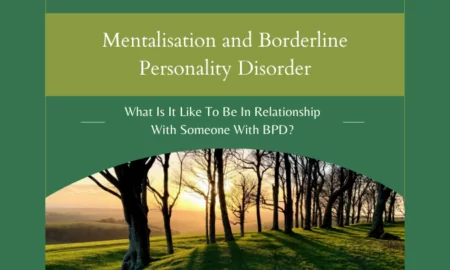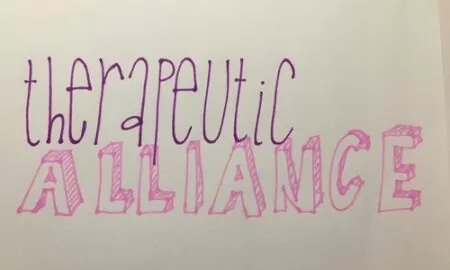Attachment

In a Relationship with Someone with BPD?
Being in a relationship with someone who has Borderline Personality Disorder (BPD) can be emotionally intense and, at times, confusing. You may experience moments of deep connection, only to be…

What Is The Therapeutic Alliance and Why Is It So Important
The therapeutic alliance is the key to successful psychotherapy. It is the strength of the bond and connection that can be built between you and your therapist over time. Without…
Ready to Make a Change? Book an Initial Consultation Today
If you have any questions at all about therapy or would like to make an appointment, get in touch. I will usually be able to respond to you within 24 hours.
